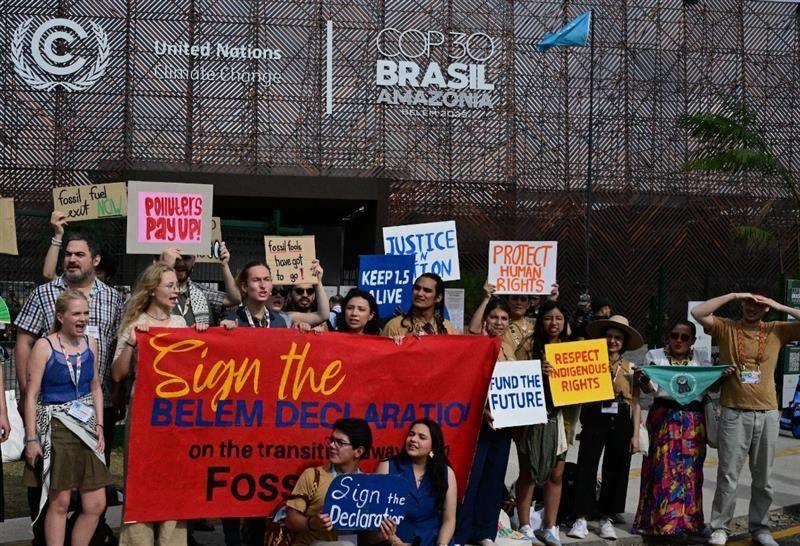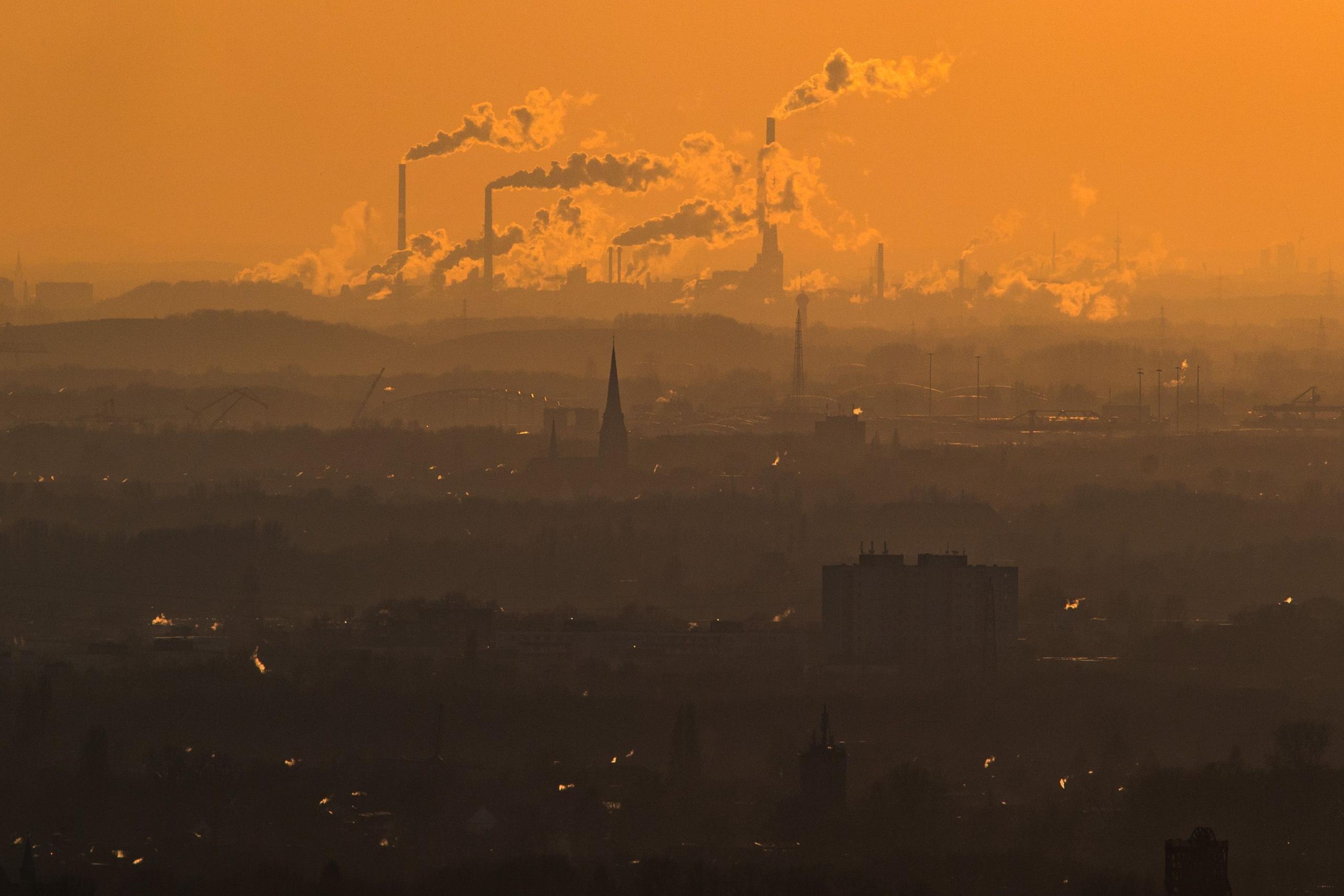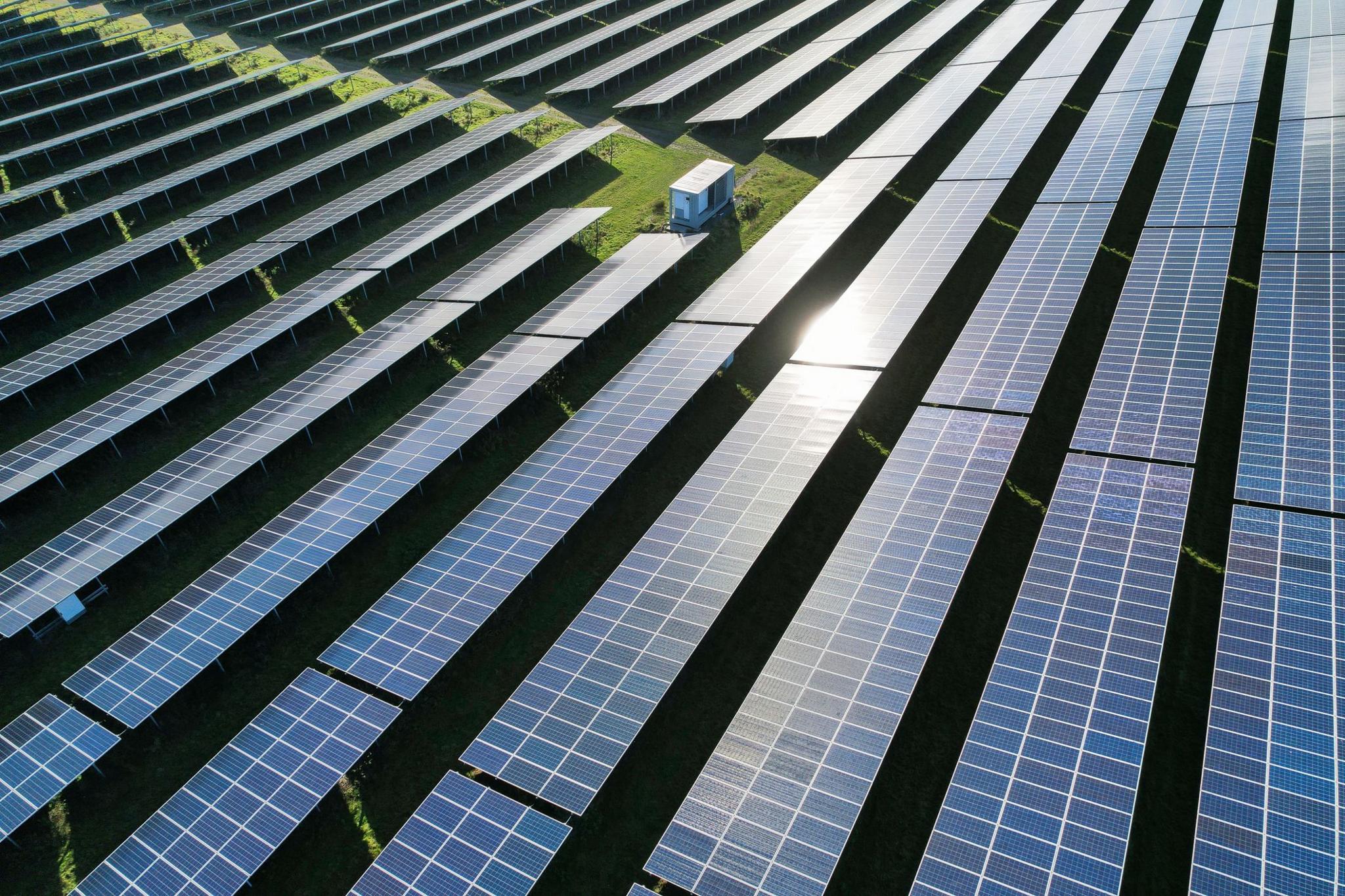COP30: BBC climate editor on why it's so hard for countries to agree
BBC Climate Editor Justin Rowlatt on climate negotiations at COP (7 November 2025)
- Published
"When the world faces a threat like climate change, you'd hope we human beings would all get together to try to solve the problem, wouldn't you?" says the BBC's Climate Editor, Justin Rowlatt writing for Newsround.
Justin's job is to explain how climate change affects our world and what people are doing about it.
He reports from big international meetings like COP30 in Brazil and talks to scientists and leaders about what's happening and what needs to change.
COP means 'Conference of the Parties' - it's a big yearly meeting where almost all countries talk about climate change.
"They happen once a year. This year's is the 30th one, but carbon dioxide emissions – the main gas warming-up our world – is still increasing," adds Justin.
"So it's easy to understand why some people say the system isn't doing its job."
Climate change: What is it?
- Published20 January 2020
Your Planet: Environmental news from around the world
- Published2 days ago
What can we expect from COP30?
- Published17 October
'Working together is still our best hope'
Kids get their COP30 questions answered by the UK's Secretary of State for Energy and Climate Change, Ed Miliband
We asked you, the Newsround audience to share your views and questions on the topic.
Marcus who's in Year 8 and part of a school eco-club that we visited in Bristol, said: "There are examples of extreme weather, I think these are clear signs of the climate crisis increasing. We're going to regret what we haven't done yet and we should warn the politicians."
Supporters of COP say these meetings help countries work together, and have led to important agreements, like the Paris Agreement in 2015, which set global targets to reduce greenhouse gases and limit global warming to 1.5°C - in order to reduce climate impacts.
Answering questions from the Newsround audience, Energy secretary Ed Miliband, a politician who is responsible for the UK government's policy on climate change said:
"Ten or fifteen years ago, the world was heading for four degrees of global warming, we've got that down a long way to around two and a half degrees. It's still not good enough, but it is progress."

Climate activists take part in a demonstration during the COP30 UN Climate Change Conference
Critics point out that promises often aren't enforced, meaning that progress is slower than many had hoped.
"Countries make promises to change the way they do things at these meetings, but they don't have to actually do it. It's just a promise," explains Justin.
"Often they say, 'Actually, it's harder than we thought, so we're not going to invest that money in wind turbines or shut down that coal mine.' Then the changes that would reduce emissions don't happen.
"But because climate change is a challenge we all need to solve together, we do need to keep on talking – because even though we haven't solved it yet, working together is still our best hope."
Carbon dioxide emissions are still increasing

Climate change is when greenhouse gases like carbon dioxide (CO₂) trap heat, warming the planet.
Scientists say the level of CO₂ in the air is about 424 parts per million (ppm) which is the way scientists measure how much of something is in the air.
Imagine you have one million tiny air particles. If 424 of them are carbon dioxide, we say the level is 424 parts per million.
The figure of 424 ppm comes from the World Meteorological Organisation (WMO) and the Copernicus Climate Change Service, which both track global CO₂ levels.
Before humans started burning coal, oil, and gas, it was only 280 ppm.
That means there's 50% more CO₂ in the air now than before the Industrial Revolution - a time about 250 years ago when people started using machines and factories.
COP30: Why the Amazon rainforest is important
COP30: Eighty countries push for a plan to quit fossil fuels
In the final days of COP30, more than 80 countries including the UK, Germany, Sweden, Ireland and Kenya called on the almost 200 nations present to sign up to a plan to ditch fossil fuels.
André Corrêa do Lago, the climate diplomat in charge of the talks in Brazil, says wealthier nations to do more to help less-developed countries achieve it.
"Developing countries are looking at developed countries as countries that could be much more generous in supporting them to be more sustainable," he said.
The UK's Secretary of State for Energy and Climate Change, Ed Miliband says countries should move to energy alternatives such as wind and solar power. He says that reducing the world's dependence on fossil fuels "must be at the heart of this COP".
But it's not just countries and the politicians representing them at COP30, some attending are from industries, including fossil fuel companies.
They say they want to be part of the talks shaping the future of energy, but others worry this could make it harder for countries to agree on strong climate action.
And, as most of the world's energy still comes from coal and gas. Switching to alternatives can be difficult.

André Corrêa do Lago, the climate diplomat in charge of the talks in Brazil called on richer nations to help smaller countries move to renewables, like solar power
"Countries want strong economies, and part of that means making and selling things," explains Justin. "But because the world still relies on fossil fuels, growing economies often means more emissions.
Poorer countries say rich ones should help pay for clean energy, since they got rich using fossil fuels. Rich countries often say they've got their own problems. And when some don't act, others ask, "Why should we?"
A switch to cleaner energy like wind, solar, and nuclear is starting to happen, but changing how the whole world works is hard – and expensive.
And when money is involved, it's hard to get people to agree."
